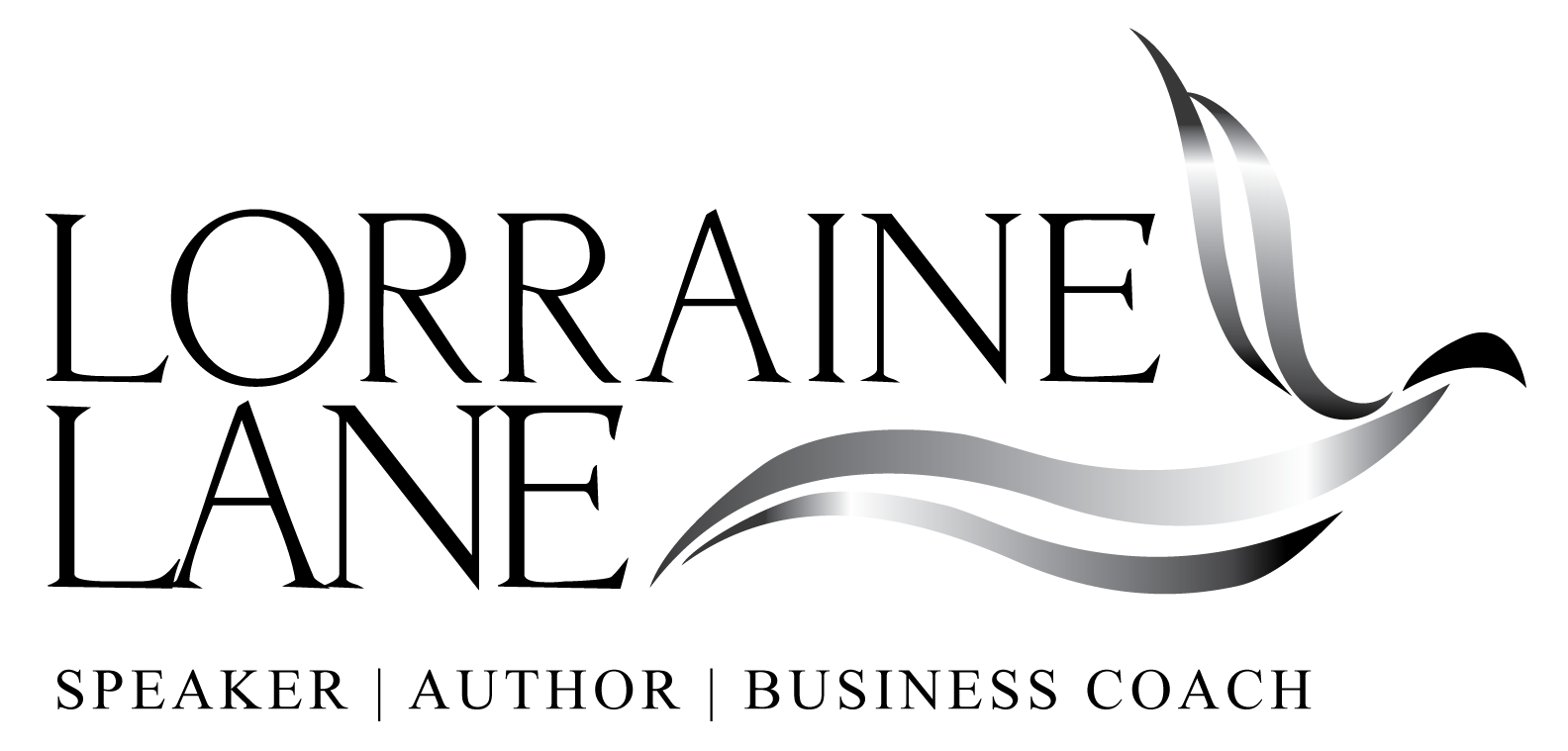 Get It Right!
Get It Right!
The difference between a good hire vs a bad hire is immense. One of the most important responsibilities of a hiring manager is to “get it right!” In our recently published book, Get It Right or You’ll Regret It, we talk about the lost time and added cost a bad hire can cause a company.
Good Hire
A good hire will add to your company’s culture and contribute to your bottom-line. A good hire fits in, has the same values, understands what needs to be done and doesn’t have to be micromanaged. A good hire is efficient, communicates well, treats other team members with respect, and supports the company’s mission and vision. A good hire is a blessing and makes you, the hiring manager, look like a hero!
Awesome, isn’t it?
Bad Hire
A bad hire will drain your time and energy. A bad hire complains, needs micromanaging, and doesn’t contribute to the productivity required to do the job they filled. A bad hire will often disrupt a well-run department, will instigate fault-finding, and is generally a misfit.
However, it’s not so easy to correct your mistake. It can take months to part ways with a bad hire. Having experienced making a bad hire when I worked for a high-tech company. I cringe when I recall the agonizing year it took to rid my department of this out-of-control individual.
Quick Hires
One of the cautions I have for the hiring managers I work with is to resist the pressure to make quick hires. The wheels of the economy are turning faster, and it’s critical to make sound and good decisions rather than ones you’ll regret because you didn’t pay attention or acted out of haste.
Hire slow, hire smart is the name of the game. Would it surprise you to learn that over 74% of hiring managers who were surveyed said they often hired the wrong candidate?
Invest Time and Pay Attention
If you intend to make good and smart hires, you need to invest time and pay attention. You need to be on alert for signals that are apparent if you take the time to look and listen. Does the candidate pay attention to basic instructions? Do they understand directions? How do they communicate? Are they really a fit for your company’s culture? If you are too quick to make a hiring choice, you might miss the signals that would have avoided a bad hire if you had proceeded more slowly.
Hiring isn’t as easy as conducting an interview and making an offer to the best candidate. The best candidate might not be the best employee or team member. There is a difference. Know that candidates are trained to answer your questions smartly, and if you aren’t a good interviewer, you won’t realize that the answers you are receiving are canned and practiced.
Now that most interviews are conducted via ZOOM or some other virtual platform, it’s critical to assess compatibility, motivation, and attitudes. The best candidate and employee might be the same person, or they might not be. Choose wisely and choose well.
Read more blogs here

